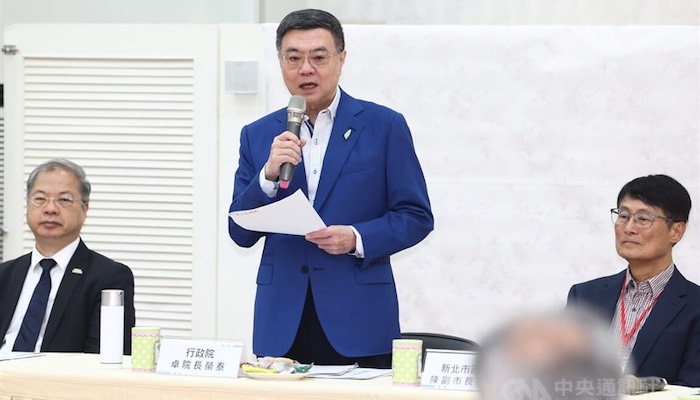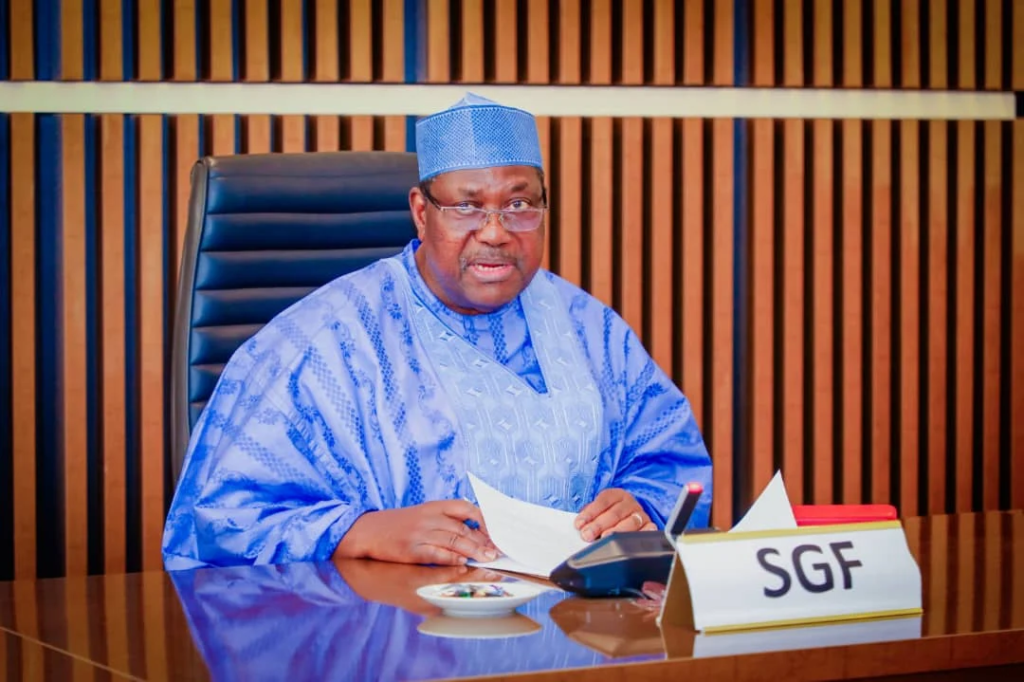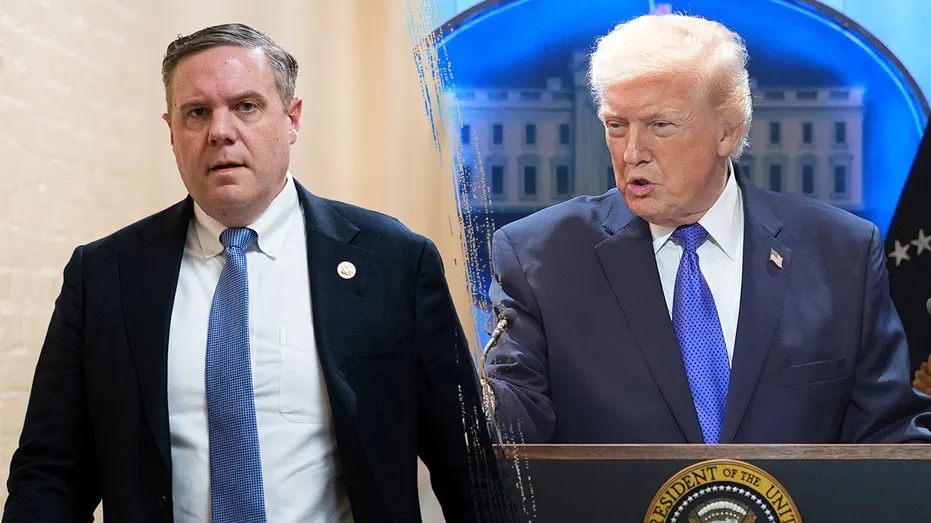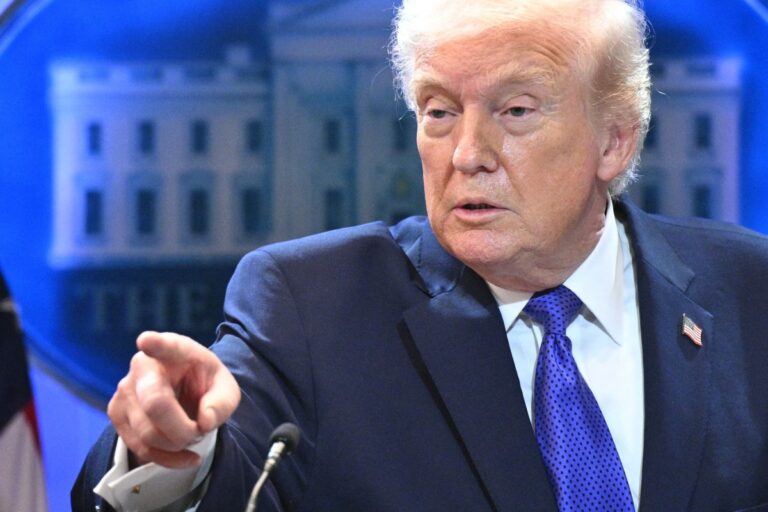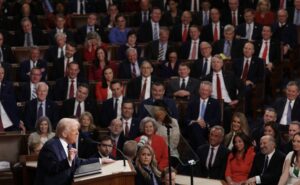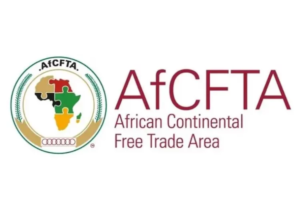Taiwanese Premier Cho Jung-tai on Thursday unveiled plans for a major expansion of the government’s economic relief efforts, proposing a special budget of up to $10 billion to help buffer the economy from the potential fallout of U.S. trade tariffs.
Speaking at a press conference in Taipei, Premier Cho said the original relief fund of T$88 billion ($2.71 billion) would be boosted to as much as T$410 billion ($12.61 billion). The expanded funding aims to support businesses under pressure, safeguard jobs, and subsidize electricity costs as part of a broader strategy to stabilize the economy amid escalating trade tensions with Washington.
The announcement comes just days after a 32% U.S. tariff hike—part of former President Donald Trump’s “reciprocal tariffs” approach—was temporarily suspended. The 90-day pause offers Taiwan a limited window to renegotiate terms and introduce domestic measures to shield its economy.
However, the proposed budget still faces a significant hurdle in parliament, where the opposition holds a majority and has already imposed substantial cuts to this year’s primary government spending plan. Opposition lawmakers have criticized the administration for what they view as excessive and inefficient expenditures.
In parallel, Taiwan has stepped up negotiations with the U.S., offering to narrow its trade surplus by increasing imports of American goods. President Lai Ching-te confirmed this week that talks are underway to expand purchases of U.S. natural gas and oil as part of the ongoing discussions.
The proposed aid package underscores Taiwan’s determination to mitigate the risks of U.S. protectionist trade policies while reinforcing economic resilience and safeguarding critical sectors of its economy.

